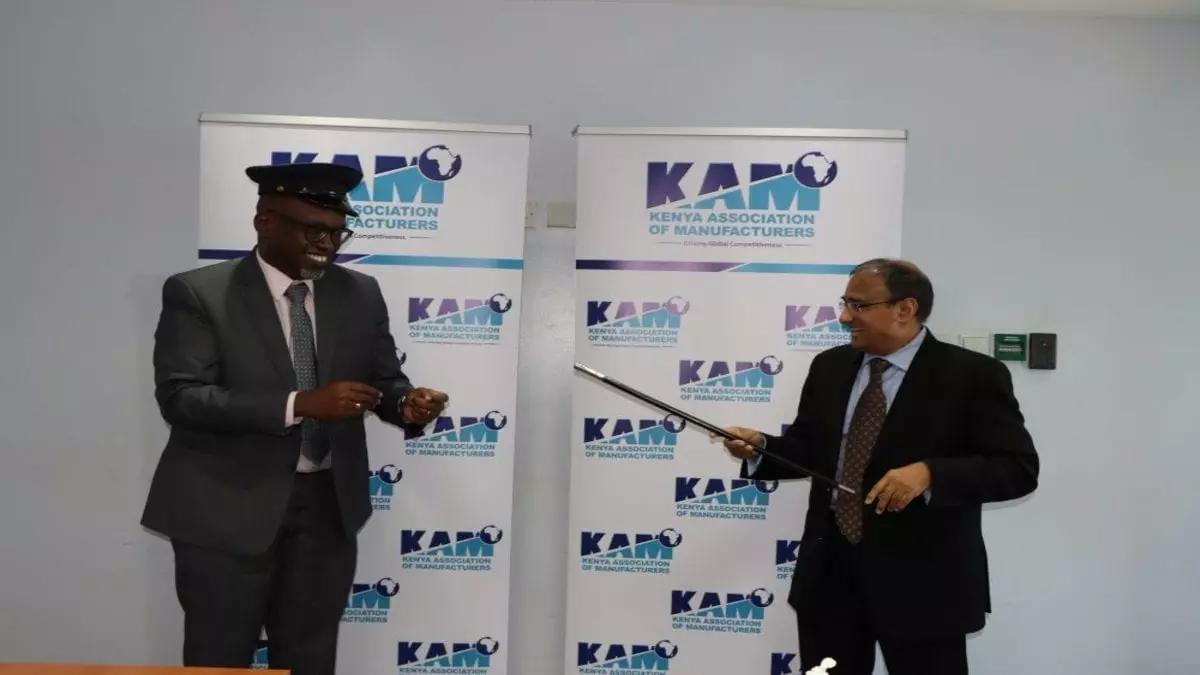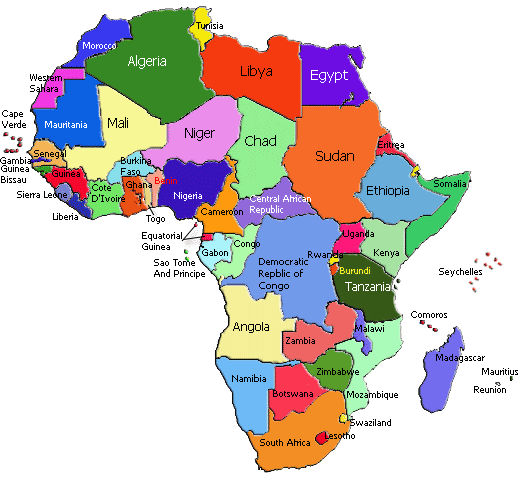KAM Partners With Kenya Development Corporation to Facilitate SME Recovery

The Kenya Development Corporation (KDC) has teamed up with the Kenya Association of Manufacturers (KAM) to help the manufacturing sector’s small and medium-sized businesses recover.
KDC revealed that it has initiated a plan to engage SMEs countrywide to sensitize them on KDC’s products and services in order to understand their financial needs during the engagement, which was the third of its type in the country. The campaign was previously established in Mombasa and Kisumu counties in collaboration with the Kenya National Chamber of Commerce and Industry (KNCCI).
“What matters now is how we can work together to accelerate economic recovery and adapt our businesses to fulfill the demands of all stakeholders, particularly those in crucial industries.” As a result, KDC is eager to investigate opportunities to re-imagine the future and determine what role it might play in accelerating our country’s economic development in line with Vision 2030 and the Big 4 agenda. “The manufacturing sector will continue to be critical in ensuring a long-term recovery,” said Judith Omachar, Deputy Director of Business Development.
KDC recognizes that long-term recovery necessitates providing funds to the economic pillars that require it the most. KDC is collaborating closely with county governments and important market participants to gather data and insights that will help the company make better financing decisions.
“It is critical to broaden and adapt our approach to SME financing and guarantee that their operations continue without interruptions to provide the environment for an equitable and sustained recovery from the epidemic and growth.” In her introductory remarks, Ms Judith stated, “This is part of our efforts to continually enhance value by offering financial and non-financial services.”
Mr Tobias Alando, KAM Head of Membership and Governance, stated during the forum that access to money is the main objective. We urge the government to increase financial allocations for initiatives like the credit guarantee plan in order to increase government assistance for SMEs. This will go a long way toward boosting small business resiliency, job creation, and economic growth.
Mr Steve Odua, Director of the Ministry of Industrialization, Trade and Enterprise Development, stressed the importance of a public-private cooperation in accelerating recovery from the pandemic’s negative effects.
“MSMEs are an important part of Kenya’s economy.” They employ almost 14.9 million Kenyans and account for roughly 80% of the country’s enterprises. Kenya’s 7.4 million micro, small, and medium-sized enterprises (MSMEs) account for over a third of the country’s gross domestic product (GDP). “Our purpose and motivation is to better understand our customers’ financial needs and to assist them in achieving their goals,” Director Odua said.
The Corporation is interested in analyzing the socio-economic impact of its investments and is currently building a framework to do so. This effort will necessitate key economic data for the development of a socioeconomic effect assessment model.







